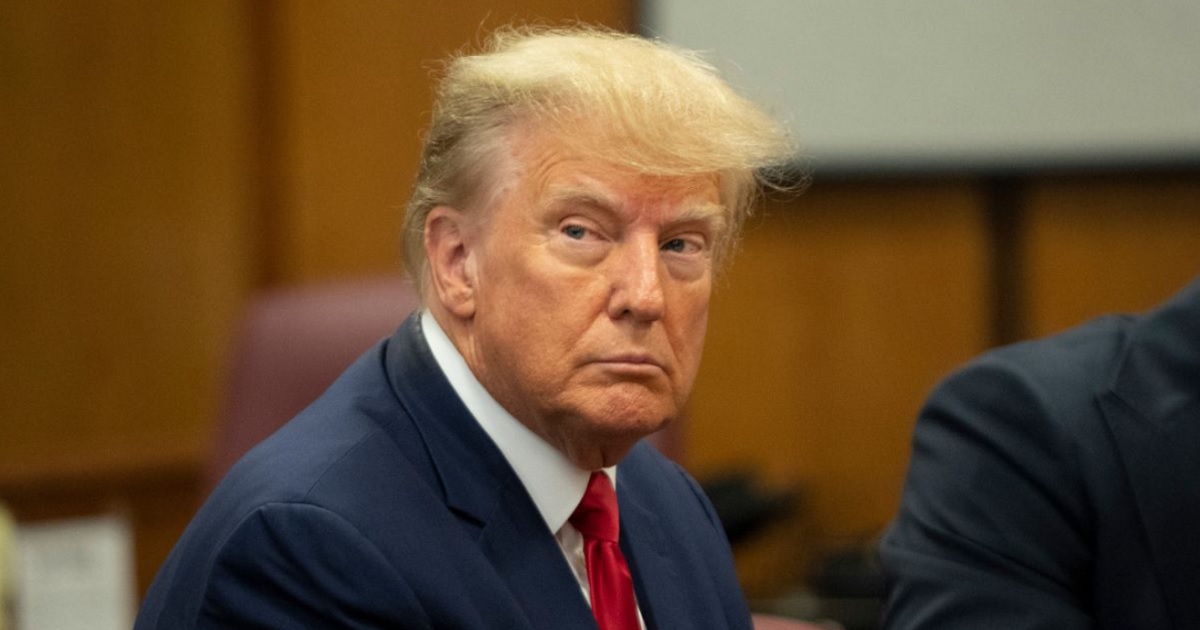New York education officials defy Trump's DEI elimination order
High-level confrontation unfolds between New York State Education Department and the Trump administration over diversity policies in schools.
According to Breitbart News, NYSED has officially refused to eliminate diversity, equity, and inclusion practices despite direct orders from the Department of Education, arguing there are no federal or state laws prohibiting DEI principles.
The refusal came through a strongly worded letter from Daniel Morton-Bentley, NYSED's counsel and deputy commissioner, challenging the federal government's authority to demand such changes.
Morton-Bentley emphasized the department's continued compliance with Title VI of the Civil Rights Act of 1964 while questioning the legal basis for the administration's demands.
Federal funding hangs on DEI certification dispute
The Department of Education under Trump gave K-12 schools a 10-day deadline to certify their compliance with federal civil rights laws and confirm the elimination of DEI practices.
This certification requirement has created tension between federal and state education authorities, highlighting the complex relationship between funding and policy compliance.
Federal funding makes up approximately 10 percent of K-12 education funding nationwide. New York schools, however, receive a smaller portion of federal assistance, with only 5 percent of New York City Public Schools' $40 billion budget coming from federal sources in the 2024-2025 school year.
NYSED's counsel Morton-Bentley stated in the letter:
Beyond that, NYSED is unaware of any authority that USDOE has to demand that a State Education Agency (SEA) agree to its interpretation of a judicial decision or change the terms and conditions of NYSED's award without formal administrative process. We understand that the current administration seeks to censor anything it deems "diversity, equity & inclusion" (DEI). But there are no federal or State laws prohibiting the principles of DEI. And USDOE has yet to define what practices it believes violate Title VI.
Trump administration's systematic approach to DEI elimination
President Trump has taken decisive steps to dismantle DEI programs across various sectors. His administration launched the "End DEI" portal in February 2025, creating a platform for students, teachers, and parents to report instances of sex and race-based discrimination in public K-12 schools.
This initiative followed Trump's executive order in January 2025, which mandated the elimination of DEI programs from the federal workforce.
The order represented a significant shift in federal policy regarding diversity and inclusion practices.
The Department of Education's recent certification requirement aligns with these broader efforts to reshape educational policies nationwide. However, the resistance from state education departments like NYSED presents substantial challenges to implementing these changes.
Legal basis for state education autonomy
NYSED's response emphasizes the legal limitations of federal authority in educational matters.
The department argues that the Trump administration cannot impose new requirements without following proper rulemaking procedures as outlined in federal law.
State education officials maintain their commitment to existing civil rights laws while challenging the administration's interpretation and implementation methods. This stance highlights the complex interplay between federal oversight and state autonomy in educational policy.
The ongoing dispute raises questions about the extent of federal authority over state educational practices and the interpretation of civil rights legislation in the context of DEI initiatives.
Current status of DEI dispute resolution
The New York State Education Department continues to stand firm against federal pressure to eliminate DEI practices from its educational system. This resistance represents a significant challenge to the Trump administration's nationwide efforts to reshape diversity policies in education.
The dispute between NYSED and the federal Department of Education highlights ongoing tensions between state and federal authority in educational policy. The outcome of this confrontation could influence how other states respond to similar federal directives regarding DEI practices.





